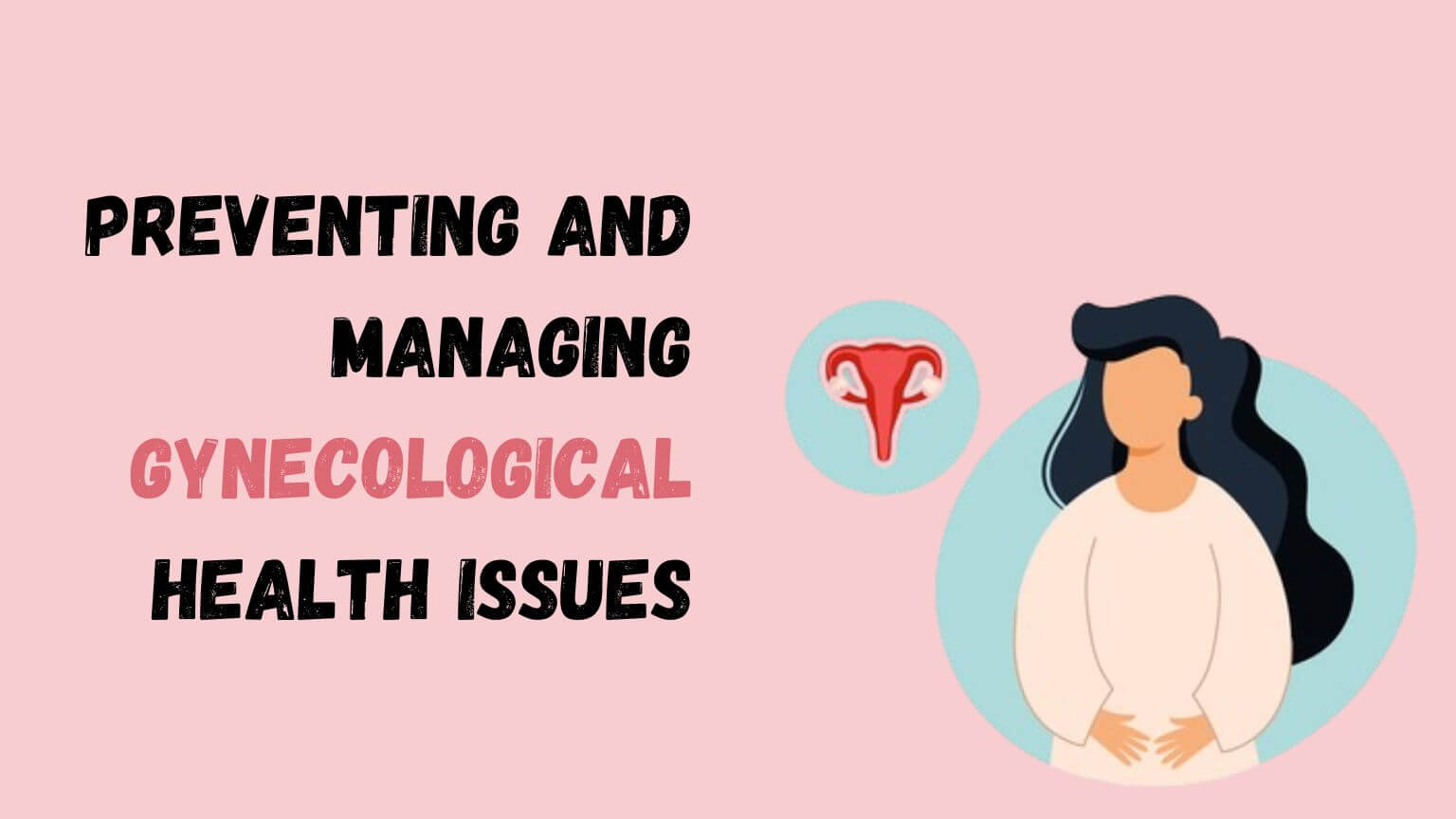What is Gynecological diseases?
Some gynecological problems that women commonly face. Gynecological problems include vaginal infections such as bacterial vaginitis and yeast infections.
Many health schemes have been launched by the government to control various health problems. Women can also avail benefits to deal with the issues.
Gynecology is a type of disease that causes various types of diseases in women and affects the female reproductive system. This is a very common problem which women face very commonly.
Gynecological issue related to :
External genital problems:
Some gynecological problems occur in the external genital area such as the labia, vulva, vagina and clitoris.
Internal genital issues:
This types of issues occur in the Fallopian tubes, ovaries, uterus, and cervix.
Some of the problems faced by women are uterine fibroid, PCOS, menstrual disorders, menopause, urinary incontinence, inter menstrual bleeding, pelvic pain, ovarian cysts. Some of the very serious problems faced by women are cancer, cyst fibroid tumour, pelvic inflammation
Causes of gynecologically health issue:
Some of the common health problems faced by women are due to the poor lifestyle habits of women. Here we are discussing some of the common reasons for facing gynecological problems. ,
Yeast infections-
Yeast infection in the vagina of women is a common problem. The most common symptom of vaginal yeast infection is itching. In addition, women may complain of pain or burning, pain during urination, pain during sexual activity, and redness and swelling in the vagina and vulva tissues.
Tumours-
Tumours that are cancerous invade surrounding tissue and spread throughout the body through the lymphatic or circulatory systems. Tumours that are cancerous invade surrounding tissues and spread throughout the body through the lymphatic or circulatory systems.
Hormonal imbalances –
Hormonal imbalance can cause many gynecological problems. Hormonal problems can cause many common problems, like irregular menstruation, unwanted hair growth, difficulty getting pregnant, weight gain, etc. It can also cause infertility problems where you will not be able to conceive and get pregnant.
Pelvic pain –
Pelvic pain is a common problem for women. Pelvic pain is often associated with general gynecological problems or the menstrual cycle. Although carcinogenic sources of pelvic pain are rare, they are not common.
Unsafe intimate relationships-
When women engage in unprotected sexual activity with a partner who has been infected with a male genital infection, have a greater risk of getting a gynecological infection. Aggressive and inappropriate sexual behavior can also lead to scratching of the feminine region, which supports the growth of bacteria that cause gynecological problems.
Abortion –
Abortion is an integral part of women’s health care. It also affects the women’s gynecological health.
Symptoms of Gynaecological problems:
It is not normal for anything unusual or different to happen during menstruation. Before menopause, vaginal bleeding and discharge are normal throughout the menstrual cycle.
If you notice any unusual changes, always discuss it with your doctor. Because vaginal symptoms may indicate more serious problems, including tumors of the reproductive system.
There are few symptoms which indicates you earlier before getting too late:
- bleeding between periods
- Having a frequent and urgent urge to urinate, or a burning sensation when urinating
- Burning, itching, swelling, redness, or pain in the vaginal area.
- lumps or rashes in the vaginal area
- Unpleasant or strange odour during vaginal discharge.
- Abnormal vaginal bleeding.
- Bleeding after menopause.
- Pelvic pain or pressure that is not similar to menstrual cramps.
- Excessive vaginal discharge
Prevention to manage gynecological health issues:
To avoid gynecological problems, steps should be taken at the initial stage of the problem. Some things should be kept in mind before the situation worsens.
Annual gynecological examinations :
Unprotected sexual activity can increase the risk of gynecological infections. By taking this preventive action, you can increase your quality of life and be more aware of potential health problems as you age.
Screening tests:
These exams include annual Pap tests to screen for cervical cancer and breast scans to check for abnormalities in the breasts, which can help identify problems early.
Don’t neglect symptoms:
It is very important to pay attention to any unusual symptoms or bleeding and take necessary steps.
Sustain an ideal weight:
Studies show that losing as little as 5% of weight can prevent pelvic floor diseases like hernias and incontinence.
Eat a healthy balanced diet:
A diet rich in fruits, vegetables, whole grains and low-fat meat can provide important nutrients and antioxidants to promote gynaecologist’s health.
Birth control :
Some methods of birth control can also be used to treat ovarian cysts, endometriosis, acne, and poly cystic ovary syndrome.
Exercise and Yoga:
Regular exercise and yoga can improve blood circulation to the uterus and help maintain hormonal balance, which can keep your reproductive system healthy.
Practice feminine hygiene:
This is the first step towards preventing gynecological problems. During menstruation, vaginal discharge, and other physiological processes involving the vulva and vagina, it is important to use feminine hygiene products.
Avoid using harsh chemicals:
It is important to keep in mind that the vagina has its natural cleaning mechanism and that cleaning it with strong chemicals can kill beneficial bacteria. To prevent gynecological issues, clean your vagina on a regular basis with either water or a mild soap.
Use condoms:
Using condoms with new partners can reduce your risk of pelvic inflammatory disease (PID), which can lead to infertility if left untreated. You should also get regularly tested for STIs at least once a year.
Conclusion
Gynecological problems come in different forms, but they are all treatable with the right combination of effective treatment options and preventive measures. Women’s health should be given priority, and they should be urged to seek natural remedies and regular check-ups with doctors.




